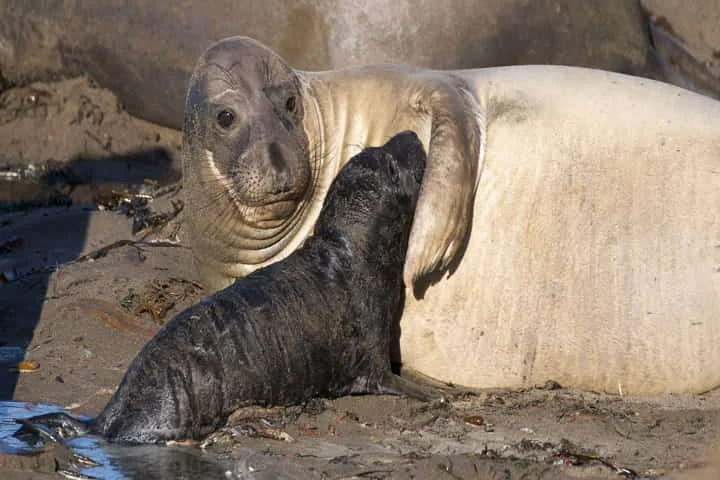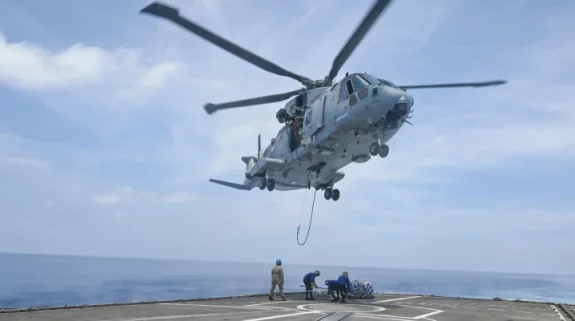Even with Global Position System, elaborate maps and precise calculation of distance and speed, many are still unable to locate their destination or reach on the appointed time.
Yet, as per a sciencedaily.com report, this is not the case with pregnant northern female elephant seals or Mirounga angustirostris. Every year, between December and March, these creatures breed on the beaches located on the west coast of Canada, Mexico and the US. On becoming pregnant, the females leave these breeding beaches and migrate. They go on a journey of about 240 days over 10,000 kilometres across the Eastern North Pacific Ocean in search of food, before returning to the breeding beaches and giving birth within five days of arriving.
Intriguing as it may sound, now a study that has been published in the journal Current Biology stated that this spectacular ability to navigate without any aid is due to the creature’s internal map sense, which plays the vital role of a built-in GPS.
Elaborating on this, Roxanne Beltran of University of California Santa Cruz said: "We found that migrating elephant seals know how far they are from their breeding beach thousands of kilometres away. They also know approximately how long it will take them to get back." Beltran and her colleagues, who included Dan Costa, were aware of the superior navigation skills of seals but couldn’t explain as to how these animals were able to get back to the beach in time for the breeding season.
These researchers collected data for this new study using satellite tracking several adult female seals. From 2004 to 2015, 108 adult females who bred at California’s Ano Nuevo State Park beach, were tagged and tracked and data of 126 complete journeys were collected.
Also read: Single-minded male elephant seals eat to mate and not live!
On analysing the details, it was found that the decision of the females to turn around was dependent on how far away they were from where they needed to go. This meant that those seals who were further from the beach would turn around earlier than those females who were closer, thus allowing sufficient time to get back.
The decision to turn around and the timing of their journey was not determined by the success of their foraging or the body fat amount. Beltran felt that their skills of navigating were based on strong mental compass, even though the scientists did not know the sensory cues they use to navigate, locate where they were and move in the right direction at the right time.
It was clear to the researchers that the seals were able to adjust the timing of their journeys on the basis of an internal perception of time and space.
Elaborating on this, Beltran observed: "We were surprised that foraging success or percent body fat was not more strongly related to when seals begin the return portion of the migration. We expected that highly successful (i.e. fatter) seals might end their foraging trips earlier, but that was not the case; instead, it seems like they are well programmed to turn around strategically based on where they are and in turn how long it will take them to get back."
Also read: Big eaters, Sea otters have to gorge to keep themselves warm in icy waters
The scientists felt that the outcome of this study is sure to help in better perception of elephant seals which will have long-term and vital consequences on conservation of these creatures.
Talking to newscientist.com, Rory Wilson of Swansea University, United Kingdom pointed out that these female seals are not the only creatures who travel great distances and arrive right on time. “Certainly plenty of animals (notably birds) are pretty precise about their timings, especially with respect to breeding schedules. I suppose the bigger question is the extent to which animals modulate their speed of travel according to the distance that they have to travel so that they get back at the time they ‘want’,” Wilson remarked.
In future, the scientists want to study to enable them to quantify the precision of the seals’ ability to navigate and also determine the cues which are vital.




















